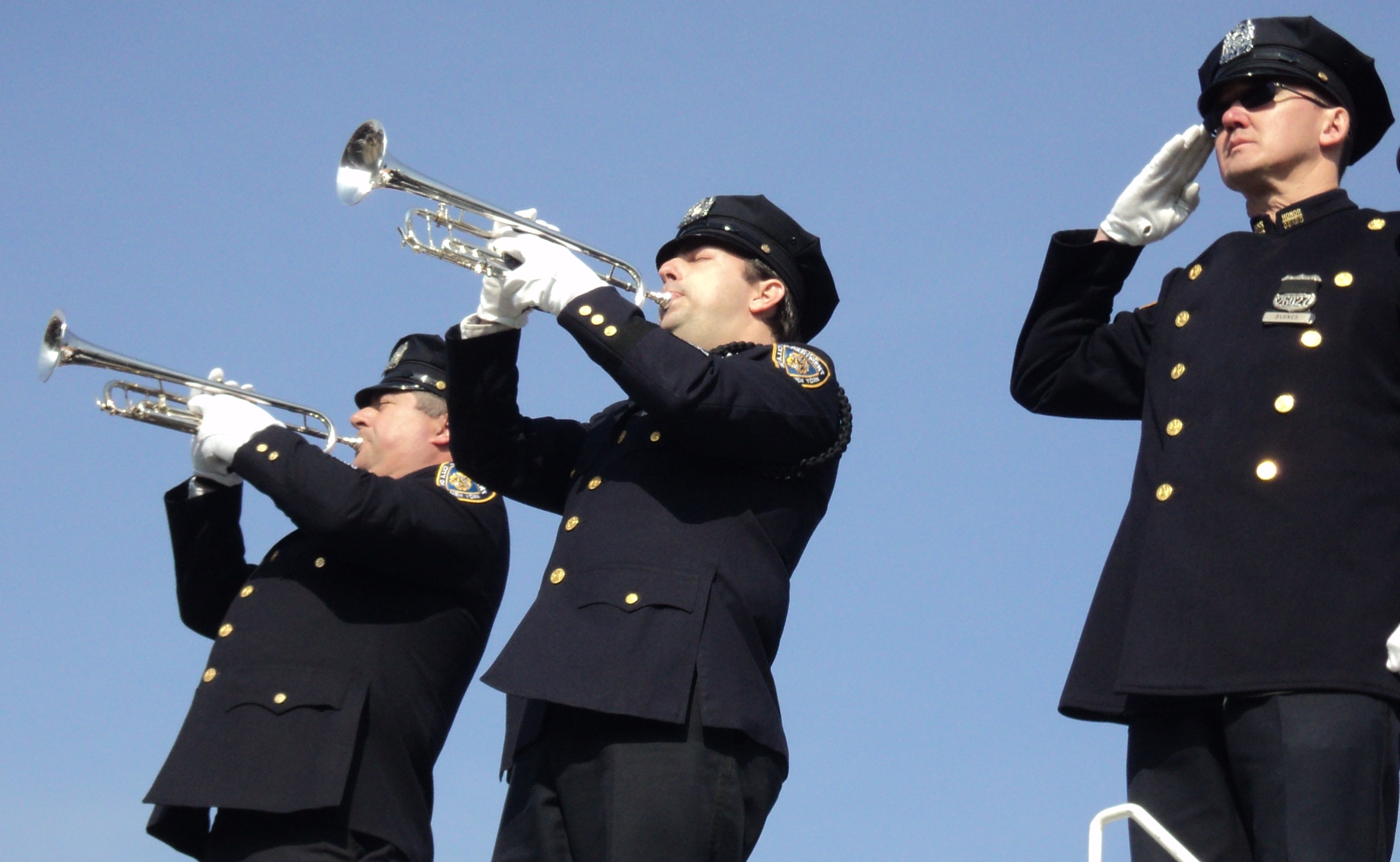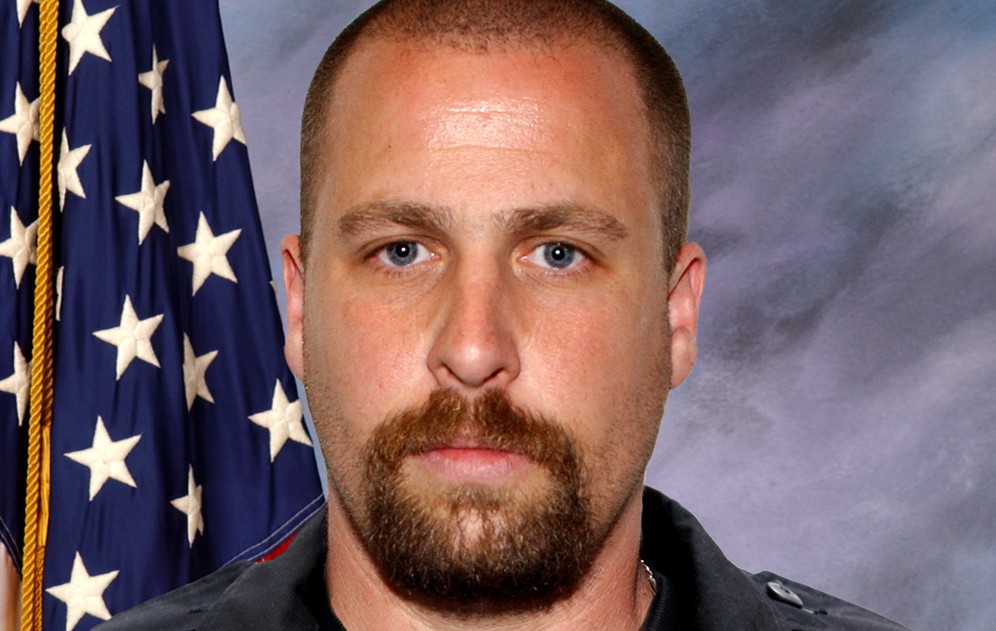

Breaking it Down: Nassau Executive Ed Mangano Explains the changes his plan would have on the County's currently eight police precincts, highlighting the difference between the old precinct map (Left) and the new precinct map (Right). (Jon Sasala/Long Island Press)
THE SHAKE-UP
According to Mangano, his “Community Policing,” or “COP” plan would reassign 48 police officers from “desk jobs” to Problem-Oriented Police (POP) positions—those who would address quality-of-life issues in various communities instead of responding merely to 911 calls. It transforms four current police precincts—Baldwin’s First Precinct, the Fifth in Elmont, Sixth in Manhasset and Levittown’s Eighth—into new “Community Policing Centers,” to be staffed 24/seven with two police officers. The plan would eliminate 100 positions within the department and purports, in all, to save the county about $20 million annually.
Under the proposal, the Second and Eighth precincts, Third and Sixth, Fourth and Fifth, and Seventh and First would all be merged, respectively. The process is to be fully implemented through four separate stages, taking approximately two months each, beginning next month, pending legislative approval. There would be no change in the county’s emergency communications system, Mangano explains, as they all share the same radio band.
The plan would maintain all 177 patrol cars in their current neighborhoods, stresses Mangano, and residents wouldn’t suffer an interruption of service at all. In fact, service would improve, he says, adding that his administration factored in security concerns the public expressed from having a precinct nearby.
“We made certain that the police centers that we have are open to the community,” explains Mangano.
In addition to two police officers, each policing center will have special units, such as the Robbery Squad and Highway housed in them, he says. The administrators for these squads will also be available to the public. Services such as fueling for patrol cars and low-level fleet maintenance will also be available.
Mangano’s plan is based on analysis by the police department of the workload distribution within the agency through the past six months, with the collective mission of addressing crime trends, he says. The research indicated that residents’ main reason to visit precinct buildings are to obtain traffic accident reports, a function the new policing centers will continue to provide. The county will also put this service online to lessen that need.
Mangano says he has met with the pubic and received a positive reception. He is satisfied it is the best plan, telling the Press:
“The geography worked out, the fact that we can service the public worked out, the fact that we can save the county worked out, that we can eliminate 100 positions, 100 paychecks, 100 contributions to health care, those are real savings, they are all eliminated positions that were contractual interior positions.”
Those 100 positions will come one of several ways, says the county executive:
“Through demotion, attrition, retirement. We may have an incentive, otherwise they will be laid off.”
Proponents of the plan who weighed in at the latest public hearing, such as Deputy County Executive Rob Walker, former Acting Commissioner-turned-First Deputy Thomas Krumpter, and Dale, say the main reason behind the shuffle is to save the county money, and in no way will it have a negative effect on the public’s safety. In fact, Dale, who was appointed NCPD’s top cop two months ago by Mangano after leaving the New York City Police Department, told lawmakers Feb. 13 that the change won’t even be noticeable to law-abiding taxpayers.
“The only people who will notice the change are the criminals,” Dale said. “The realignment will allow us to address the current fiscal crisis facing the county and the Nassau County Police Department.”
Yet while Mangano is fighting for drastic cuts to save the county money, the new administration in the police department continues to spend it in certain areas. Based on information from the Nassau Comptroller’s Office, the Press has learned that the combined salary of the newly appointed executive staff at Nassau County police headquarters exceeds $350,000.
Among the new additions and pay increases:
Added to the payroll was Robert Hart, as an assistant commissioner, with a yearly salary of $150,000. Another assistant commissioner, John Quinn, will soon be joining the ranks, verified Mangano. Historically, such assistant commissionerships have been honorary, unpaid positions.
The county executive expressed support for his new acting commissioner, Dale, when asked by the Press about the new staff and pay increases.
“He needs to have people he can rely on to carry out his administrative directives—and this increase in management is born by a review of operations over the last year,” says Mangano.
Others, however, view the new salaries and pay raises at a time when half the county’s police precincts and 100 of its members are on the chopping block much differently.






